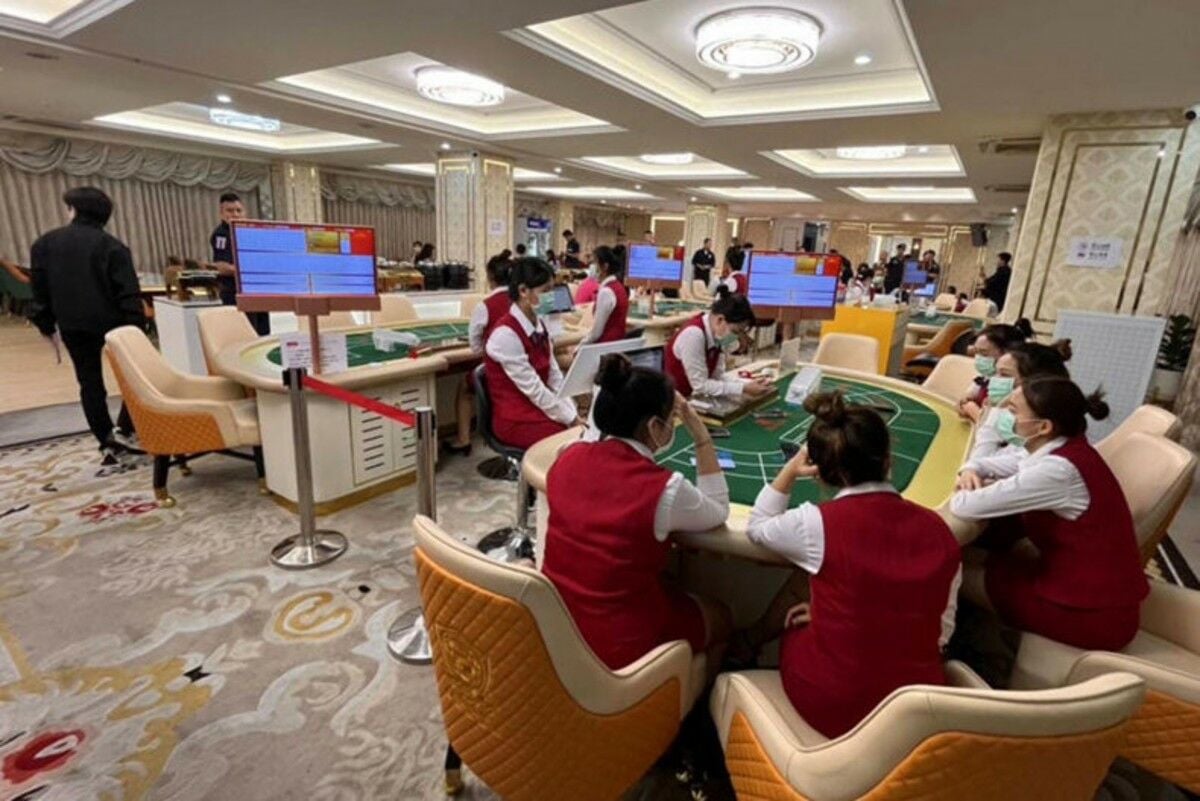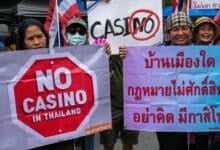Thailand’s Pheu Thai pushes casino legalisation despite resistance

Pheu Thai, the governing party in Thailand, remains confident in its ability to persuade its coalition partner, Bhumjaithai Party, to support the legalisation of casinos, despite Bhumjaithai’s recent opposition.
The bill, championed by Pheu Thai, aims to legalise casinos as part of a larger initiative to create regional entertainment complexes to attract investment.
Hours before his removal as prime minister by the Constitutional Court, Srettha Thavisin expressed optimism that Pheu Thai could eventually convince Bhumjaithai to back the bill. Acknowledging the controversial nature of legalising casinos, Srettha emphasised the need for further discussions with coalition parties to align their views. He stated that a consensus among all parties is essential before presenting the bill to the House.
The Entertainment Complex Business Operation Bill, which received Cabinet approval in April, is currently in the midst of an online public hearing process organised by the Ministry of Finance, running from August 2 to 18.
“The debate over whether to legalise gambling has been ongoing for decades.”
The former Thai premier added that Pheu Thai’s goal is to regulate gambling by making it a legal activity. He expressed confidence that Bhumjaithai would eventually come around to supporting the bill.
Opposition
Bhumjaithai outlined four key reasons for opposing the bill. Firstly, they argued that legalising casinos would not address the issue of illegal gambling and might exacerbate gambling-related problems.
Secondly, they questioned the financial benefits to the state and private sector from taxing casinos, suggesting that they do not justify the investment.
Thirdly, the party contended that using casinos to boost tourism is impractical given Thailand’s existing array of renowned attractions. Lastly, they criticised the bill for not adequately addressing how entertainment complexes would provide job security for Thai workers.
Somkid Chueakong, former deputy secretary-general to Srettha, mentioned that state agencies would respond to any questions from Bhumjaithai or other coalition parties about the bill. He expressed hope that this would help reconcile differing opinions.
The bill also faces opposition from the two main opposition parties, the People’s Party and the Democrat Party. Rangsiman Rome, a People’s Party MP, voiced concerns that the entertainment complex scheme could be mismanaged, potentially turning Thailand into a new hub for money laundering by shady international businesses. He also mentioned rumours of individuals lobbying for licences to operate entertainment complexes with casinos.
The outcome of these discussions and the public hearing process will determine the future of the bill and whether it can garner enough support to move forward, reported Bangkok Post.
Latest Thailand News
Follow The Thaiger on Google News:


























